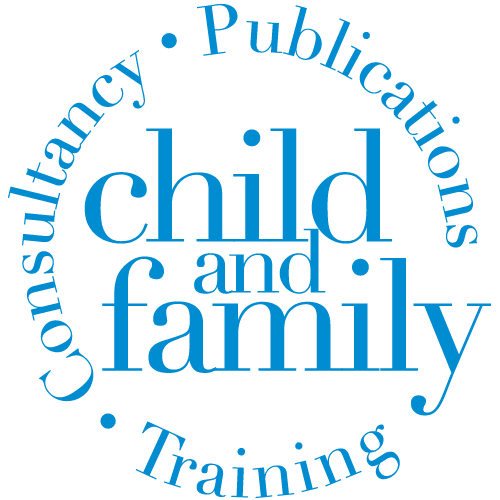- Introduction to HfCF Intervention Resources
- Engagement and goal setting
- Modifying abusive and neglectful parenting
- Promoting children and young people’s health, development and wellbeing
- Promoting attachment, attuned responsiveness and positive emotional relationships
- Promoting positive parenting
- Working with children and young people: Addressing emotional and traumatic responses
- Working with children and young people: Addressing disruptive behaviour
- Working with families
- Working with child sexual abuse
Promoting attachment, attuned responsiveness and positive emotional relationships
Intervention guide editors: Clare Gates and Jenny Peters
This intervention guide enables practitioners to support parents reinforce their children’s desired behaviour and shape challenging behaviour using a range of strategies, by helping parents to help:
- younger children, so that parents understand what attachment is, can balance the child’s need for both security and exploration, and address disorganised attachment responses
- older children using one-on-one time
- adolescents, so that parents understand the way attachments develop during adolescence, how apparently challenging behaviour can represent attachment needs, and how to provide a positive emotional charge for young people
Purchase the guide
The guide can be purchased from Child and Family Training at a cost of £25.00 per copy plus postage and packing.
Download previews of the guide:
Training
Cost for delivering a one day course are:
- Fees for a group of 12 trainees (including a copy of this guide per person) – £1,080.00 plus trainer's expenses + VAT.
- Fees for a group of 24 trainees (including a copy of this guide per person) – £2,160.00 plus trainer's expenses + VAT.
If you wish to discuss any training courses or require further information please contact us.
Film clips
These two clips consist of two scenarios showing different ways a young person returning from school in some distress is responded to by her mother. The aim is to illustrate the way parents can provide ‘attuned emotional support’. This is an essential component of reinforcing and promoting the attachment security of young people at key moments of their development when they are managing the transition from relationships with their families, and beginning to find security and identity in relationships with their peer group. The first scenario illustrates how it can go wrong and reinforce distress, and insecurity. The second how the ‘emotional charge’ provided by a parent can help the young person cope with adversity and move forward.
Promoting Secure Attachment
Scenario 1
Promoting Secure Attachment
Scenario 2
